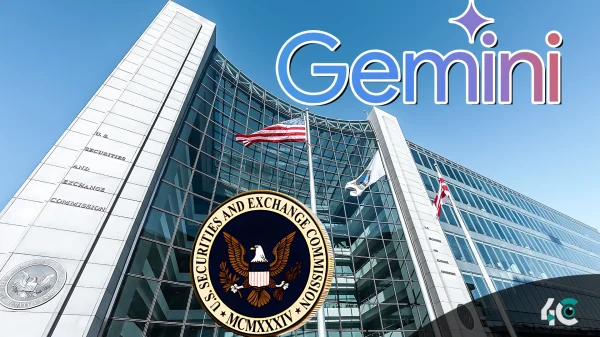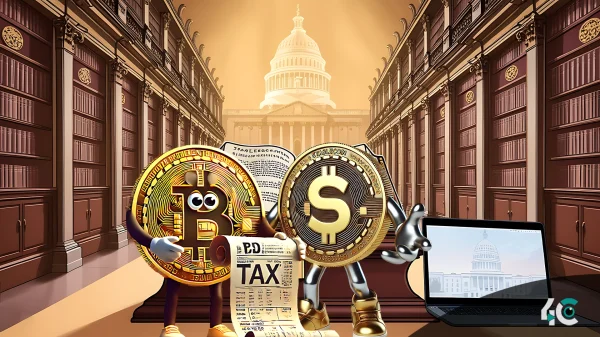Following the election of a Republican majority in the Senate and a pro-crypto president, crypto companies are intensifying their demands for changes within the U.S. Securities and Exchange Commission (SEC). Companies such as Ripple and Coinbase, who have engaged in protracted legal conflicts with U.S. authorities, are pushing for a change in policy that transfers digital asset control outside of the courts.
Stuart Alderoty, the main legal officer of Ripple, expressed hope that changes in SEC leadership will result in a more logical approach to digital asset control. He underlined that legislative control of digital assets should take place rather than litigation. Since 2020, the business has been involved in a court battle with the SEC regarding the status of its cryptocurrency, XRP, and has spent millions defending itself.
Paul Grewal, Coinbase’s legal officer, also expressed support for a legislative reform following the Republican triumphs, calling for a halt to lawsuits aiming at crypto firms. During the campaign, both Coinbase and Ripple made major contributions to pro-crypto contenders.
Particularly under Chairman Gary Gensler, there has been a long-standing conflict between the crypto sector and the SEC. The SEC’s strong enforcement activities have raised questions within the sector, particularly regarding the classification of digital assets as securities. Alderoty of Ripple noted that the SEC has been enforcing laws based on a view that some crypto assets are securities, an issue more suited for legislative action than courtrooms.
One of President Donald Trump’s main pledges to the bitcoin community as he gets ready to enter office was to remove Gensler from his post. Although Gensler’s term is set to expire in 2026, a new president could remove him, and a new chair would likely adopt a less strict approach to control the digital asset market. People have hinted at SEC Commissioner Hester Peirce, known for her more cryptofriendly approach, as a possible successor.
This shift in leadership at the SEC could pave the way for new regulations that support the digital asset industry, while also reducing the necessity for enforcement actions. The crypto sector looks to the next government to create a more conducive climate for expansion and innovation as it demands transparency and logical control.














































